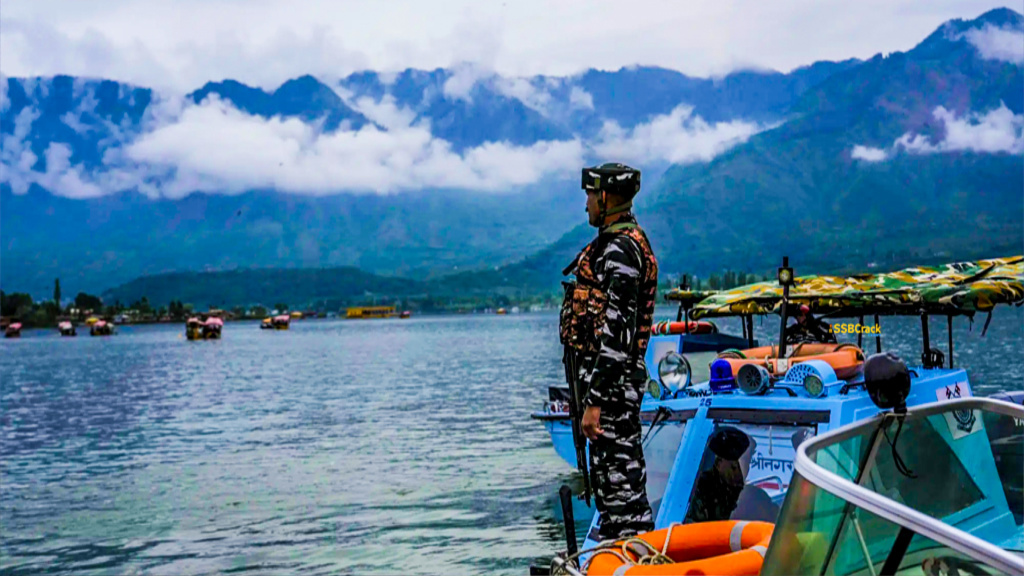
by Zafar Yousafzai 20 May 2023
China’s decision not to attend the upcoming G20 tourism meeting scheduled to take place in the disputed Himalayan territory of Kashmir has sparked controversy and condemnation from both China and Pakistan. This Muslim-majority region has been a bone of contention between India and Pakistan, with both countries claiming it in its entirety but only governing parts of it. The refusal of China to attend the meeting further exacerbates the already strained relations between these nations. This article examines the implications and challenges surrounding China’s decision and its impact on the region.
The Kashmir region has been a source of conflict between India and Pakistan since their independence from the United Kingdom in 1947. Multiple wars have been fought over the control of Kashmir, leading to ongoing tension and violence in the region. India, as the current chair of the G20, organized a series of meetings across the country in preparation for the summit in New Delhi in September. However, China’s objection to holding G20 meetings in disputed territories has resulted in its refusal to attend the meeting in Kashmir.
Chinese Ministry of Foreign Affairs spokesperson Wang Wenbin stated that China firmly opposes holding any G20 meetings in disputed territories and will not attend such gatherings. This stance aligns with China’s policy of not participating in activities that it perceives as interfering with territorial disputes. Additionally, China’s objections reflect its close ties with Pakistan, which has consistently raised concerns over the status of Kashmir.
India has countered China’s objection by asserting its right to hold meetings on its own territory. Indian Prime Minister Narendra Modi emphasized the importance of peace and tranquility on the border between India and China for normal bilateral relations. Modi’s comments highlight India’s commitment to protecting its sovereignty and dignity while maintaining a stance of mutual respect with China. However, the strained relations between the two countries following the 2020 military clash in Ladakh pose significant challenges to their bilateral ties.
With Srinagar, the summer capital of Jammu and Kashmir, set to host the G20 tourism meeting, security has been heightened to ensure the safety of participants. Indian authorities have taken measures to enhance security at vulnerable locations, aiming to prevent any potential terrorist attacks during the event. Despite the security concerns, India has been actively promoting tourism in Kashmir, attracting over a million visitors last year. The G20 tourism meeting presents an opportunity to showcase the region’s natural beauty and cultural heritage.
China’s boycott of the G20 tourism meeting in Kashmir adds to the existing tensions between India and China and further complicates the already delicate situation in the region. The refusal to participate in the meeting highlights the complex dynamics of territorial disputes and the challenges in finding common ground for multilateral engagements. It also raises questions about the future trajectory of India-China relations and the potential for resolution of the long-standing Kashmir conflict.
China’s decision not to attend the G20 tourism meeting in Kashmir brings attention to the complexities surrounding the region’s disputed status. It underscores the ongoing challenges faced by India, Pakistan, and China in finding a peaceful resolution to the Kashmir conflict. As the region grapples with security concerns and strives to promote tourism, it is imperative for all parties involved to engage in constructive dialogue and explore avenues for peaceful coexistence. The G20 tourism meeting could have provided an opportunity for meaningful discussions on tourism development and cooperation. However, the absence of China underscores the deep-rooted issues surrounding Kashmir and the broader implications for regional stability.
